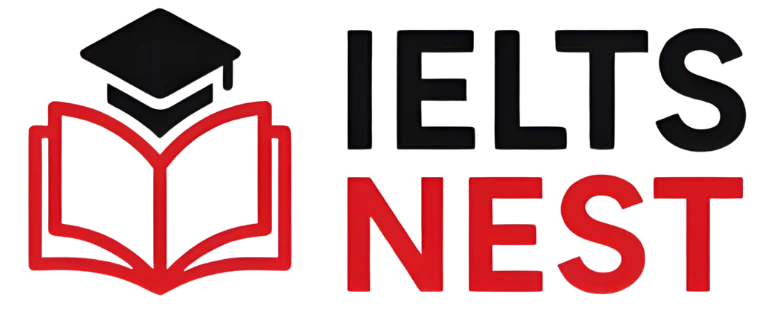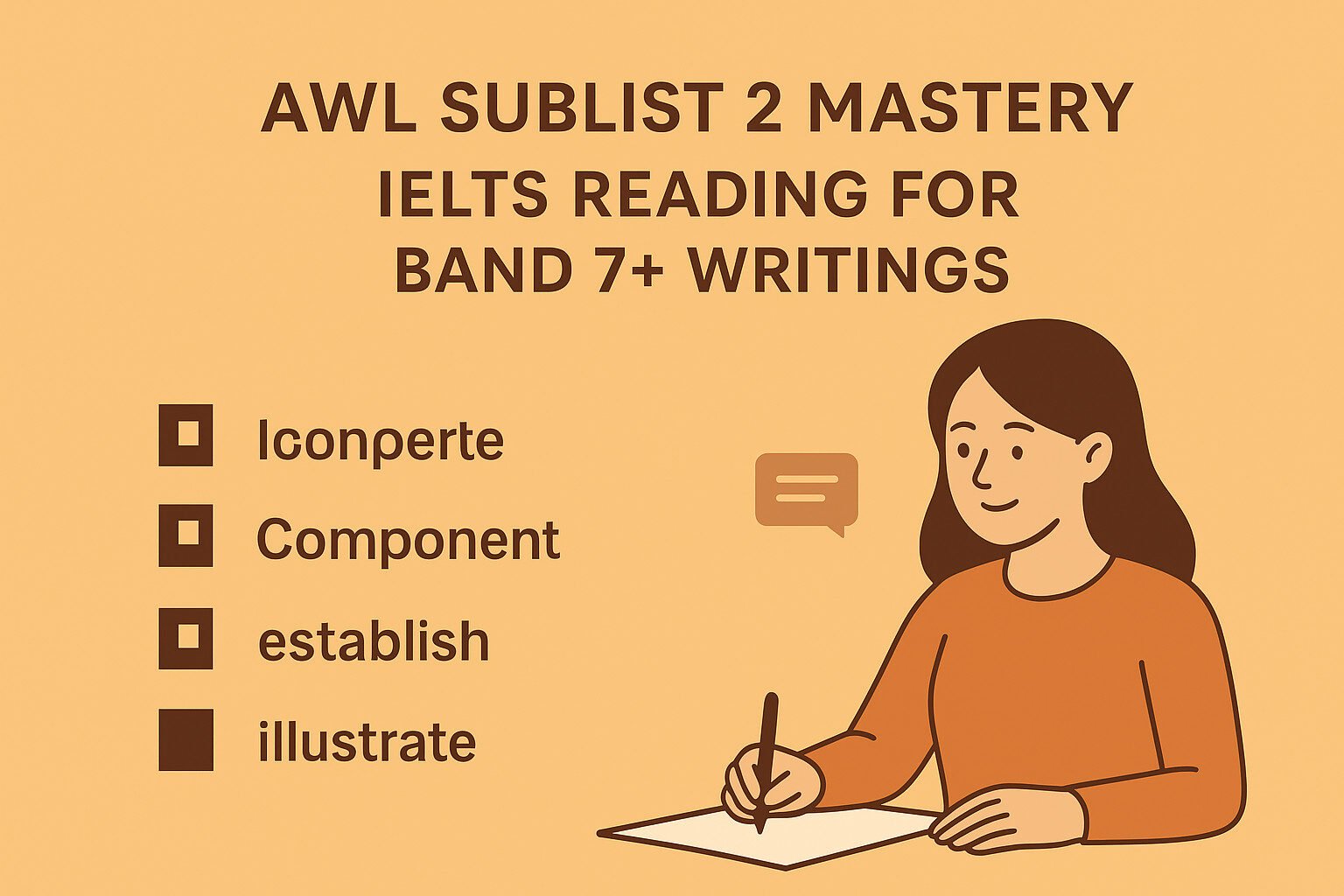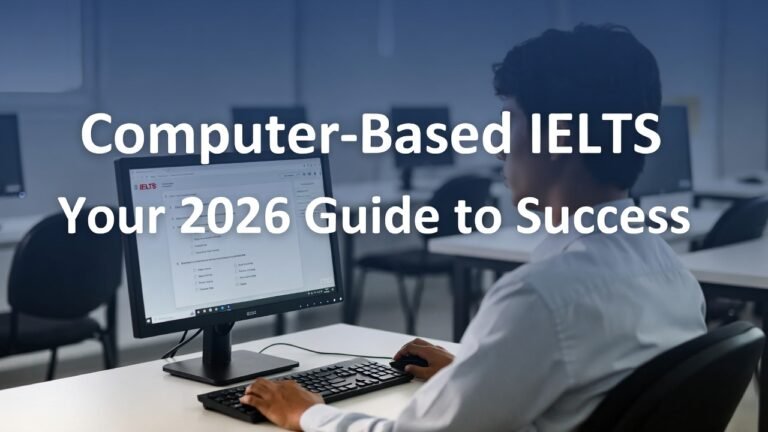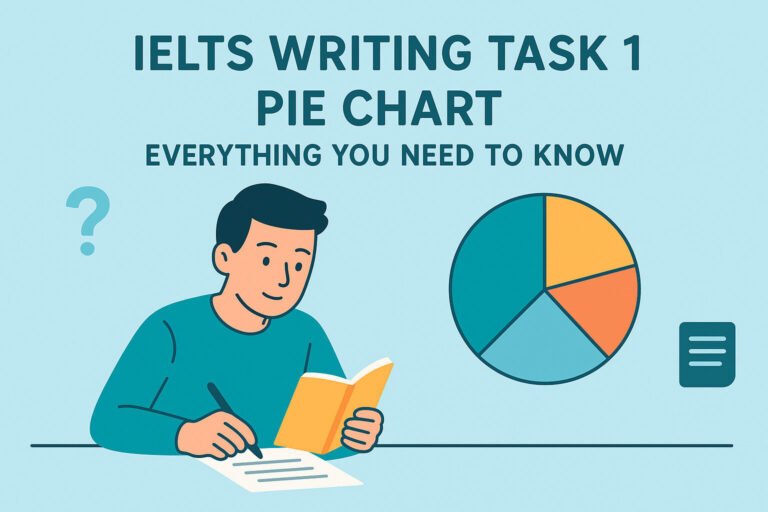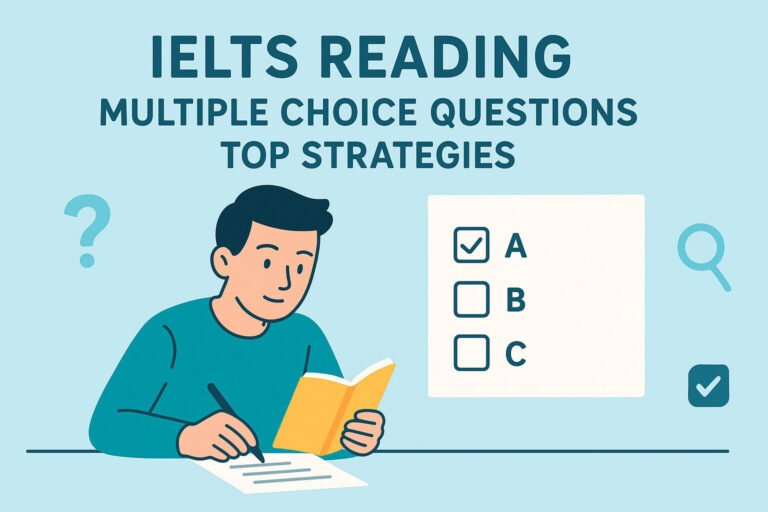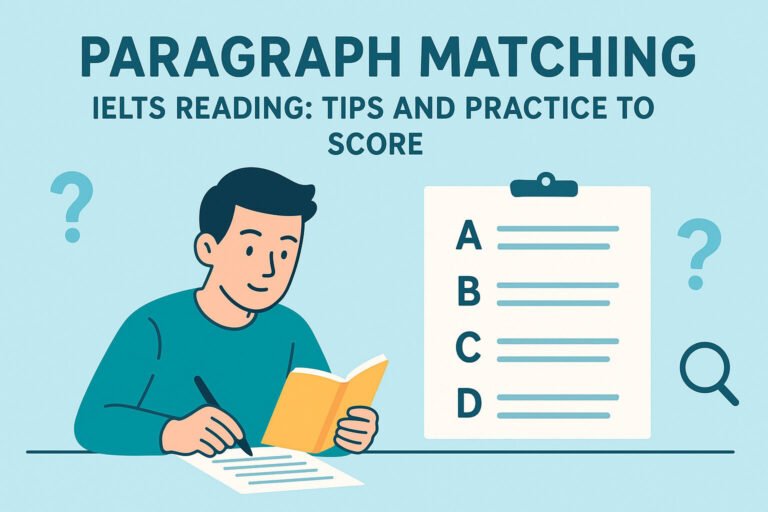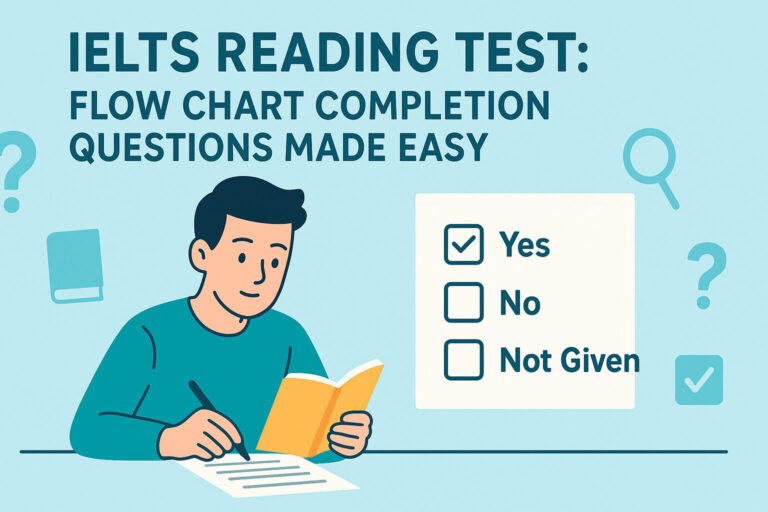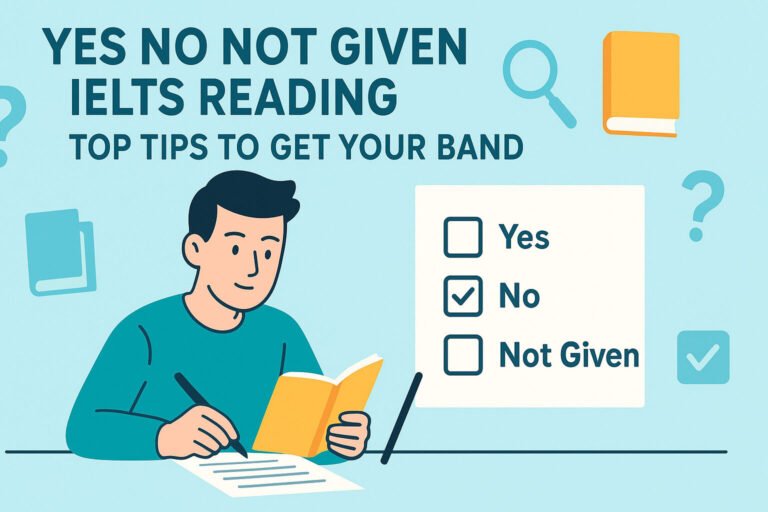Master the top 60 words in AWL Sublist 1 with our free exercises! From analyse to variable, build essential academic vocabulary for IELTS Reading, Writing, and Speaking. Get tips, examples, and practice to hit band 7+—perfect for study abroad prep.
Hey, future global scholar! If you’re grinding through IELTS prep and feeling like your vocabulary is holding you back from that dream university spot, you’re in the right place. Did you know that just 570 words—the Academic Word List (AWL)—cover about 10% of every academic text you’ll encounter? And Sublist 1? That’s the cream of the crop: the 60 most frequent headwords that can supercharge your scores in Reading, Writing Task 2, and even Speaking.
As your friendly IELTS coach, I’ve seen students jump from band 5.5 to 7+ by nailing these words. But here’s the hook: it’s not just memorizing—it’s about using them right, spotting paraphrases, and avoiding those pesky word-form slip-ups. In this guide, we’ll dive into AWL Sublist 1 exercises, broken into bite-sized sets of 10 words. We’ll cover meanings, collocations, word families, and targeted practice. By the end, you’ll have actionable steps to weave these into your essays and answers. Ready to level up? Let’s roll!
Why Focus on AWL Sublist 1 for IELTS Success?
Picture this: You’re in the exam, staring at a Reading passage on climate change. Words like environment, significant, and impact pop up everywhere—but if you don’t know their nuances or forms, poof goes your band. The AWL, created by linguist Averil Coxhead, pulls these from real uni texts, making them gold for IELTS.
Sublist 1 packs the punch: Words like analyse and concept appear in 4% of academic writing alone. Mastering them helps you:
- Decode complex Reading questions (think matching headings or summaries).
- Craft sophisticated Writing Task 2 arguments (e.g., “The economic benefits outweigh the environmental costs”).
- Sound fluent in Speaking (e.g., “In my view, education plays a major role“).
Pro tip: Learn families too—nouns, verbs, adjectives. It prevents errors like using “analyse” as a noun (it’s analysis!). And collocations? They make your language natural, impressing examiners.
Prioritize Sublist 1—it’s your quickest win for band 7+ vocabulary!
Quick Overview of AWL Sublist 1: The 60 Must-Know Words
Before exercises, here’s the full lineup, grouped by our 10-word sets. (Headwords only—grab the full PDF from Cambridge for families.)
| Set | Words |
|---|---|
| 1-10 | analyse, approach, area, assess, assume, authority, available, benefit, concept, consist |
| 11-20 | constitutional, context, contract, create, data, definition, derived, distribution, economic, environment |
| 21-30 | established, estimate, evidence, export, factors, financial, formula, function, identified, income |
| 31-40 | indicate, individual, interpretation, involved, issues, labour, legal, legislation, major, method |
| 41-50 | occur, percent, period, policy, principle, procedure, process, required, research, response |
| 51-60 | role, section, sector, significant, similar, source, specific, structure, theory, variable |
We’ll zoom in on Sets 1-3 for detailed exercises here—practice daily, then tackle the rest. Track progress with a vocab journal!
Review this table weekly—visuals stick!
👉 Join Our Telegram Channel to Download IELTS Academic/General PDF and Audios
🎧 Includes all Listening Audios + Speaking Videos + Answer Explanations + Writing Samples.
Step-by-Step: How to Learn AWL Words Effectively
Don’t just flashcards—make it stick! Follow this teacher-approved plan for each set:
Step 1: Build Foundations (10 mins/day)
- Meanings & Synonyms: Jot definitions and LSI terms (e.g., analyse = examine; synonyms: investigate, evaluate).
- Collocations: Pair words (e.g., benefit from, assume responsibility).
- Word Families: List forms (e.g., benefit: beneficial, beneficiary).
Step 2: Active Practice (15 mins)
- Do our exercises below—mix matching, gaps, and sentences.
- Read aloud for pronunciation.
Step 3: Apply in Context (20 mins)
- Write a 150-word paragraph using 5 words.
- Self-check: Right form? Natural fit?
Step 4: Review & Test (5 mins)
- Quiz yourself. Wrong? Redo the set.
- Use in IELTS mocks weekly.
Pro tip: Apps like Quizlet for spaced repetition—review Set 1 on Day 1, 3, 7, 14.
Consistency beats cramming—small daily wins build big scores!
AWL Sublist 1 Exercises: Set 1 (Words 1-10)
Let’s kick off with the starters: analyse, approach, area, assess, assume, authority, available, benefit, concept, consist.
Exercise 1: Matching Meanings (Vocabulary Builder)
Match each word to its definition. (Answers at end.)
- Analyse
- Approach
- Area
- Assess
- Assume
- Authority
- Available
- Benefit
- Concept
- Consist
A. A general idea or principle (e.g., the concept of sustainability). B. To suppose something is true without proof. C. A region or part of a topic (e.g., urban areas). D. Power or right to give orders (e.g., government authority). E. To examine something in detail. F. Ready for use (e.g., resources available online). G. An advantage or profit (e.g., health benefits). H. To evaluate or judge the value of something. I. A way of dealing with something (e.g., new approach to teaching). J. To be made up of (e.g., the team consists of experts).
IELTS Vocabulary for Band 7+: 👉 Download And Learn
Exercise 2: Word Family Fill-in-the-Blanks
Complete with the correct form. Use families from official AWL.
- Scientists analysed (analyse) the data to find patterns. The analysis (noun) revealed key trends.
- Our approach (verb) to climate change must be approachable (adj) for all.
- The area (noun) of study covers vast territories (related).
- Teachers assess (verb) students’ work; the assessment (noun) is fair.
- Don’t assume (verb) anything—check the assumptions (noun).
- The authority (noun) enforced strict rules.
- Is the software available (adj)? Check availability (noun).
- Exercise has many benefits (noun); it’s beneficial (adj) for health.
- The concept (noun) is hard to grasp conceptually (adv).
- Water consists (verb) of hydrogen and oxygen; it’s consistent (adj) in composition.
Exercise 3: Collocations & Sentence Completion
Fill gaps with collocations (e.g., assess the situation).
- Governments should assess the impact of policies on the economy.
- This book benefits from clear examples.
- The abstract concept of justice varies by culture.
- Teamwork consists of trust and communication.
- Experts approach problems step-by-step.
Answers: Matching: 1-E, 2-I, 3-C, 4-H, 5-B, 6-D, 7-F, 8-G, 9-A, 10-J. Fill-ins: (As shown; adapt for practice.)
How’d you score? 8/10? Great—review the rest!
These exercises mimic IELTS tasks—practice them timed for real gains.
AWL Sublist 1 Exercises: Set 2 (Words 11-20)
Next up: constitutional, context, contract, create, data, definition, derived, distribution, economic, environment.
Exercise 1: True/False Paraphrase (Reading-Style)
Decide if the paraphrase matches (T/F). Builds spotting synonyms!
- Constitutional rights protect freedoms (Paraphrase: Legal framework-based privileges – T/F).
- In this context, change is positive (Paraphrase: Surrounding circumstances where… – T).
- Sign a contract for services (Paraphrase: Binding agreement – T).
- Artists create original work (Paraphrase: Produce innovatively – T).
- Data from surveys is reliable (Paraphrase: Collected information – T).
- Clear definition of terms (Paraphrase: Precise meaning – T).
- Language derived from Latin (Paraphrase: Originated from – T).
- Uneven distribution of wealth (Paraphrase: Spread or allocation – T).
- Economic growth boosts jobs (Paraphrase: Financial development – T).
- Protect the environment from pollution (Paraphrase: Natural surroundings – T).
(All T—now try without hints!)
Exercise 2: Gap-Fill Paragraph (Writing Practice)
Fill in the blanks to complete this Task 2 intro paragraph.
In the modern world, technological advances have created (create) new opportunities, but they also pose challenges to the environment (noun). According to recent data (noun), global warming is derived (past participle) from human activity. The definition (noun) of sustainable development requires balancing economic (adj) growth with resource distribution (noun). In this context (noun), governments must enforce constitutional (adj) laws through contracts (noun) with industries.
Exercise 3: Discussion Prompts (Speaking Prep)
Use each word in a 2-sentence response:
- How does economic policy affect daily life?
- What’s the best way to create jobs?
Apply to full essays—examiners love precise vocab!
AWL Sublist 1 Exercises: Set 3 (Words 21-30)
Power through: established, estimate, evidence, export, factors, financial, formula, function, identified, income.
Exercise 1: Multiple Choice Collocations
Choose the best fit.
- Established norms: a) New b) Long-standing c) Temporary
- Rough estimate: a) Calculation b) Guess c) Proof
- Scientific evidence: a) Opinion b) Facts c) Rumors
- Export goods: a) Import b) Sell abroad c) Buy locally
- Key factors: a) Results b) Causes c) Solutions
- Financial aid: a) Emotional b) Money-related c) Physical
- Mathematical formula: a) Equation b) Story c) Drawing
- Devices function properly: a) Break b) Work c) Sleep
- Problem identified: a) Solved b) Spotted c) Ignored
- Raise income: a) Decrease b) Increase earnings c) Spend
(Answers: 1-b, 2-b, 3-b, 4-b, 5-b, 6-b, 7-a, 8-b, 9-b, 10-b.)
Exercise 2: Word Form Transformation
Change to the specified form.
- Establish (verb) → Established (adj): The company is well-________.
- Estimate (verb) → Estimation (noun): My ________ was accurate.
- Evidence (noun) → Evident (adj): It’s ________ from the stats.
- Export (verb) → Exporter (noun): China is a major ________.
- Factor (noun) → Factored (verb): We ________ in risks.
Exercise 3: Bullet-Point Brainstorm
For “Global trade impacts”: Bullet 3 points using words (e.g., – Exports boost income; factors like tariffs affect financial stability).
Transform drills fix form errors—key for Writing band 7!
Advanced Tips: From Recognition to Production
To hit band 7+, go beyond basics:
- IELTS Integration: In Reading, scan for AWL paraphrases (e.g., evidence as “proof”). In Writing, aim for 5-7 per essay.
- Common Traps: Avoid overkill—use significant not “very important” if it fits. Collocations: research findings, not “research results.”
- Resources: Download full AWL families from Victoria University AWL Site. Link internally to our IELTS Vocabulary Guide.
Track with this simple chart (self-assess weekly):
| Set | Quiz Score (/10) | Used in Essay? (Y/N) | Notes |
|---|---|---|---|
| 1 | |||
| 2 | |||
| 3 |
Production practice = score magic—write daily!
FAQ: Tackling AWL Sublist 1 Like a Pro
Q1: How long to master Sublist 1? A: 4-6 weeks at 20 mins/day. Focus on one set weekly, then review.
Q2: Are AWL words only for Academic IELTS? A: Mostly, but General benefits too—especially Writing Task 2 topics like society.
Q3: Free AWL exercises PDF? A: Yes! Download our full Sublist 1 pack at totthyo.com/resources—includes answers and audio.
Q4: How do word families boost my band? A: They show range. E.g., “The analysis benefits society” scores higher than basic forms.
Q5: Collocations for research? A: Conduct research, research findings, academic research. Practice in sentences!
Q6: Sublist 1 vs. others—which first? A: Sublist 1 always—highest frequency. Then 2-3 for balance.
Conclusion: Your Vocabulary Victory Awaits
You’ve got the tools, exercises, and tips to conquer AWL Sublist 1—now it’s action time! These 60 words aren’t just vocab; they’re your bridge to band 7+ and that study abroad adventure. Remember, steady practice turns “I assume” into confident mastery.
Download your free AWL Sublist 1 exercises PDF now at totthyo.com/downloads—bonus audio for pronunciation! Check our related post: IELTS Writing Vocabulary Boosters. For official AWL, visit Cambridge IELTS Resources.
